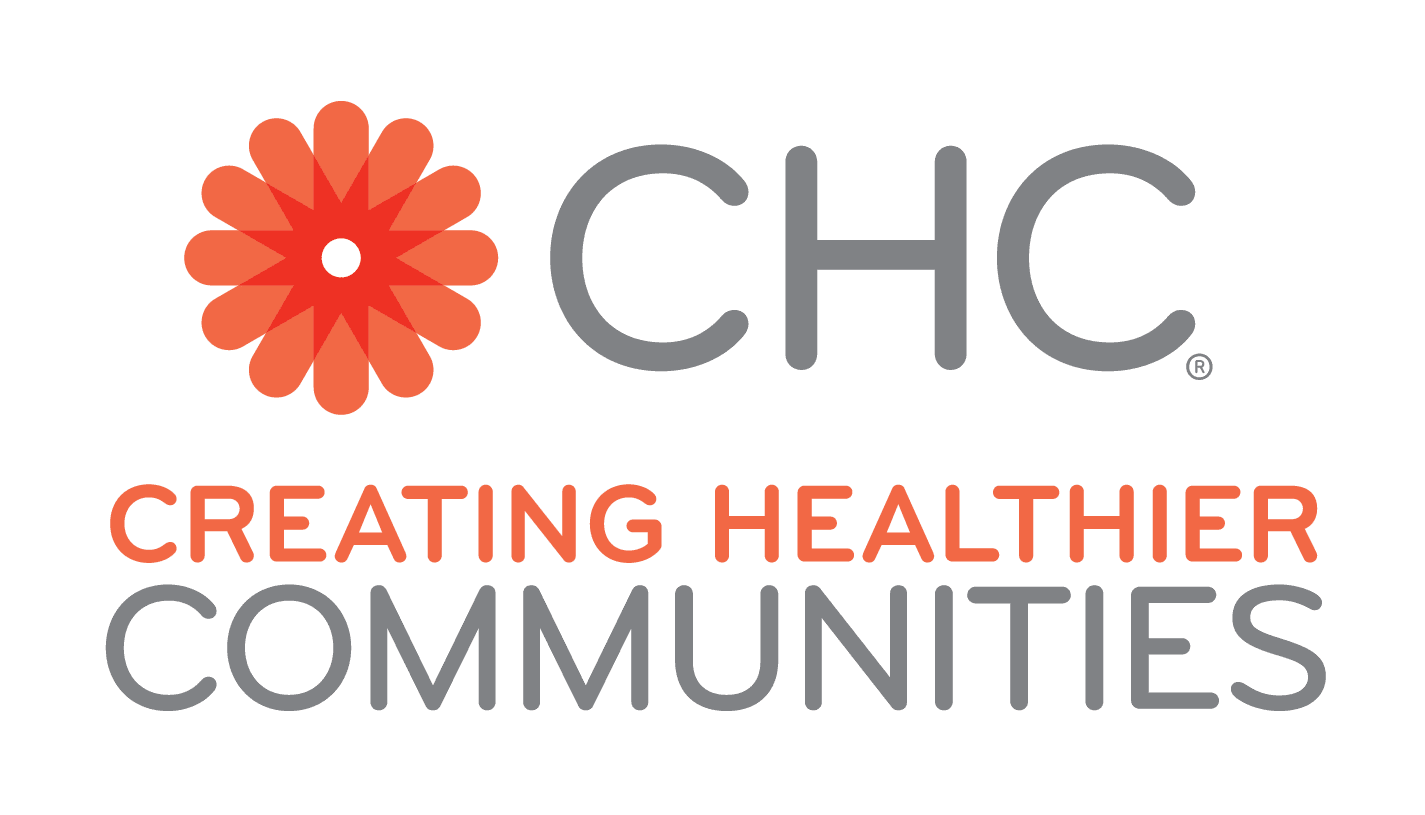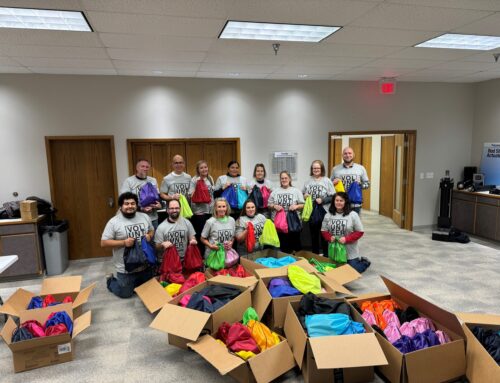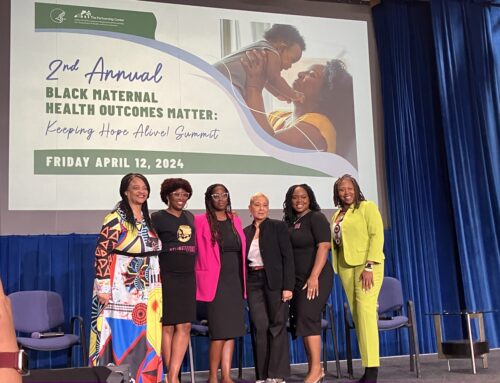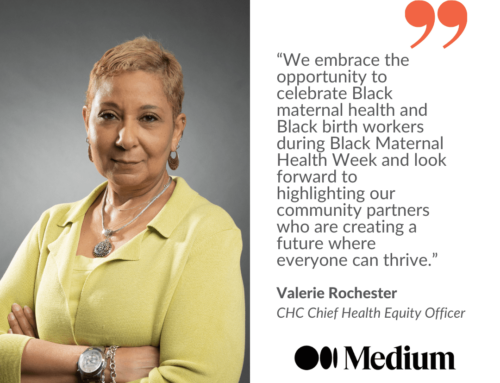By: Dr. Frank James;
It’s Time to Change how we talk about Disorders of Addiction, Treatment, and Recovery
– Word choice may be the best strategy to reduce the stigma associated with those suffering from disorders of addiction. Have you ever called someone a drunk? An alcoholic? A drug user? A druggie? An addict? Or A junkie? Almost all of us either have or heard others use these or similar terms. However, research shows that labels like these can perpetuate the stigma associated with disorders of addiction, and most significantly to substance use disorders.
Social reproach, fear of rejection and punishment, and personal feelings of guilt and shame, are major barriers for patients who struggle with symptoms related to disorders of illicit drug and alcohol use to ask for help. This is even more compelling when we look at those who refrain from seeking professional treatment, even when facing the risks and dangers associated with continued uncontrollable compulsive use. In fact, according to the 2018 National Survey on Drug Use and Health Use, 89% of persons in need of treatment for disorders of addiction do not receive any type of professional help.
Historically, drug and alcohol problems have been viewed in society, as well as in the medical profession, as a problem of personal responsibility and/or of moral failing. In opposition to the abundance of medical research, these lingering judgments and misconceptions affect how we view our options for treatment. Even terms within treatment circles, such as “clean and sober”, “clean time”, “dirty urine”, and “chronic relapser” reinforce stigma both in society at large, as well as within professional, medical and recovery communities.
What if word choice was the most cost-effect and clinically expedient strategy to increase access to services and prevent deaths associated with disorders of addiction? This concept has been promoted and discussed for several years resulting with a clear and resounding recommendations to remove the stigma of these chronic medical disorders and of individuals who seek treatment sought for them.
However, many medical and behavioral professionals are unaware of these recommended changes or are reluctant to make the paradigm shift necessary to make such changes. Studies demonstrate that language has a direct impact on implicit and explicit bias, and that talking about disorders of addiction and their related behaviors differently can help remove what many people find to be an unsurmountable barrier to seek treatment known to be as effective as for other medical diseases and disorders. Just a shift in our own language and word choice can open the doors and encourage those whose lives and literal existence lay in the balance to safely ask for help.
For professionals, families, friends, and anyone interested in shifting our individual and communal thoughts, help the reduce social stigma, and increase access to life-saving treatment for those suffering from disorders of addiction, we suggest these easy to remember recommendations:
Don’t Use the Term “Substance Abuse”
The last edition of the Diagnostic and Statistical Manual of Mental Disorders (DSM-V) abandoned the use of the term “abuse” in medical terminology. The professional communities involved in the treatment of disorders of addiction found that the terms “substance abuse”, “drug abuse”, and more specifically previous terminology of “Alcohol Abuse” were problematic. Whereas, the term “abuse” is typically reserved for behaviors that involve maltreatment of others such as child abuse and physical abuse, when used in reference to known medical disorders, “abuse” implied that an individual or patient is to blame for their “problems”, illness, disease of disorder.
We can see how applying the term “abuse” to associated with persons suffering from disorders of addiction only perpetuates the stigma and alienation of these individuals. A study comparing the public perceptions on terms “substance abuser” and “substance use disorder” found that participants were substantially more likely to view the individual with a “substance use disorder” as in need of treatment verses believing the “substance abuser” was in need of punishment.
Do Use Individual or Patient – First Language
The use of “person-first” language promotes the respect for the worth and dignity of all persons. It avoids the negative assumption that all “addicts” are the same, or that recovery is impossible because “once an addict always an addict”. Instead , using the terms such as “patients suffering from disorders of addiction” or a “person with a substance use disorder” instead of “an addict” or “a substance abuser” shifts the focus to identifying the medical needs of an individual as opposed to identifying the social problem or moral struggle of an individual then slapping on a pejorative label.
When we use person-first language, our family members, loved ones, neighbors, and patients feel supported, not judged. They are hopeful, not shameful. They seek a road to recovery, not a road ending 6-feet under.
Do Focus on the Medical Nature of Disorders of Addiction
The American Society of Addiction Medicine (ASAM) recommends that professionals avoid terms that stigmatize addiction such as “user”, “abuser”, “relapse”, “addict”, “drunk”, “junkie”. Professionals should use non-judgmental language that is clinical and focuses on the medical nature of addiction as a chronic brain disease. Though some people in the recovery community may self-identify as an “addict” and “alcoholic”, this is an individual decision as used within their supportive and communal groups, and not for a legal, medical, or mental and behavioral health professional or family members and loved-ones to decide.
Do Focus on the Recovery Process
Instead of using language that focuses on the “problem”, use language that focuses on treatment, remission, and recovery from a chronic disease or disorder. Persons who identify with behaviors or have been diagnosed with disorders of addiction prefer that professionals and loved ones use terms that focus on their paths to recovery, not on “problems” associated with stigma. In one research study, individuals in recovery experienced terminology such as, “user”, “abuser”, “relapse”, “addict”, “drunk”, “junkie” or “crackhead” as negative and pejorative. Instead, they preferred recovery focused labels such as “recurrence of use”, “person with a substance use disorder”, “recovering person”, and “person in long-term recovery”.
Now we can see that it is time to replace stigmatizing terms with more person-first and recovery-oriented language to reduce the feelings of guilt, shame and embarrassment that prevent persons in need of services for disorders of addiction from getting the life-saving treatment they deserve.
Resources available for professionals and individuals interested in helping to reduce stigma associated with language
- The Recovery Research Institute has created an Addiction-ary to help identify and clarify terms related to treatment and recovery.
- The Office of National Drug Control Policy’s Changing the Language of Addiction outlines recommendations for terminology related to substance use disorders and addiction.
- SAMHSA’s resource guide available related to stigma and language: The Power of Perception and Understanding: Changing How We Deliver Treatment and Recovery Services.
Dr. Frank James
Dr. Frank James earned his law and medical degrees at Southern Illinois University. He is board certified in General, Child and Adolescent and Forensic Psychiatry as well as Addiction Medicine.
Dr. James spent his clinical years providing inpatient and outpatient psychiatric services in underserved areas in the Ohio Valley. He developed a specialty outpatient clinic for opioid use disorder (OUD). His treatment model focused on the integration of group therapy and psychotropic medication management with the use of urine drug screens (UDS) and medication-assisted treatment (MAT).








